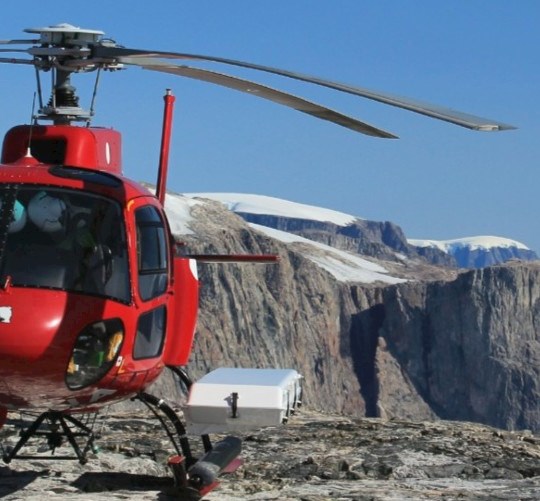Key areas of expertise
Key areas of expertise are research within height systems, global reference network including surfaces for the ocean, gravity and geoids, physical modelling of the solid Earth and the state and development of the cryo- and hydrospheres. We work intensively in the Arctic regions, are dedicated to the national geodesy and provide global references.





